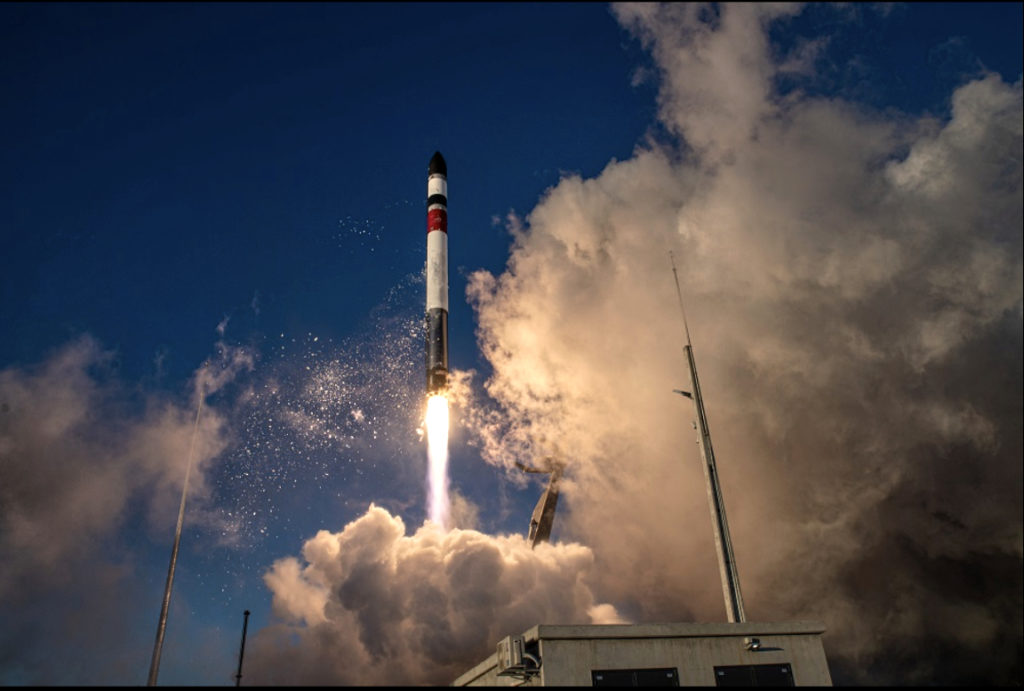
Rocket Lab USA Inc. has successfully launched its 32nd Electron mission to deploy the firm’s 152nd satellite to orbit, a science payload for the Swedish National Space Agency. The MATS satellite was deployed to its 585 km. circular orbit by Electron following lift-off at 17:27 UTC.
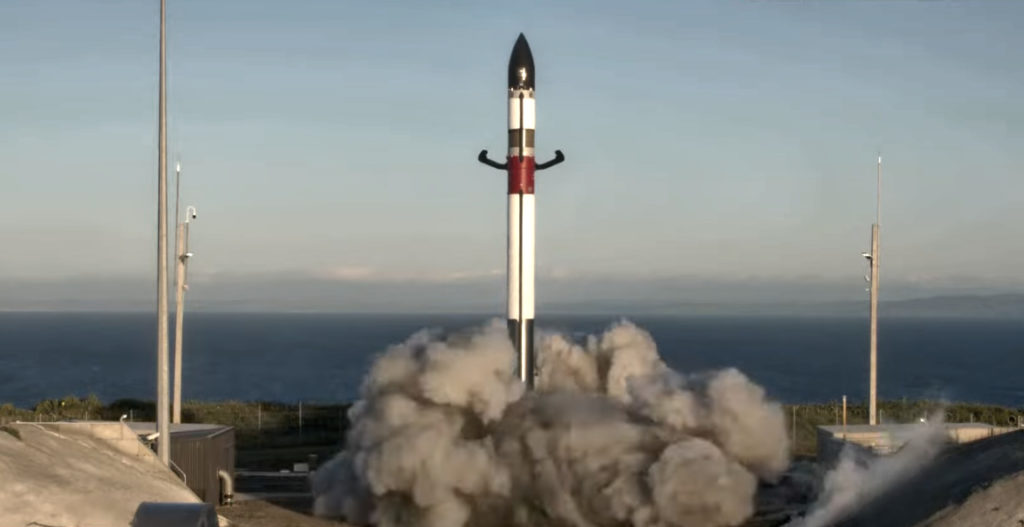
The company’s attempt to capture the Electron rocket with a helicopter as it descended to Earth from space was not successful; however, the ocean recovery of the rocket was successful and will be returned to the Rocket Lab’s Auckland Production Complex to be processed and assessed by engineers and technicians for possible re-use.
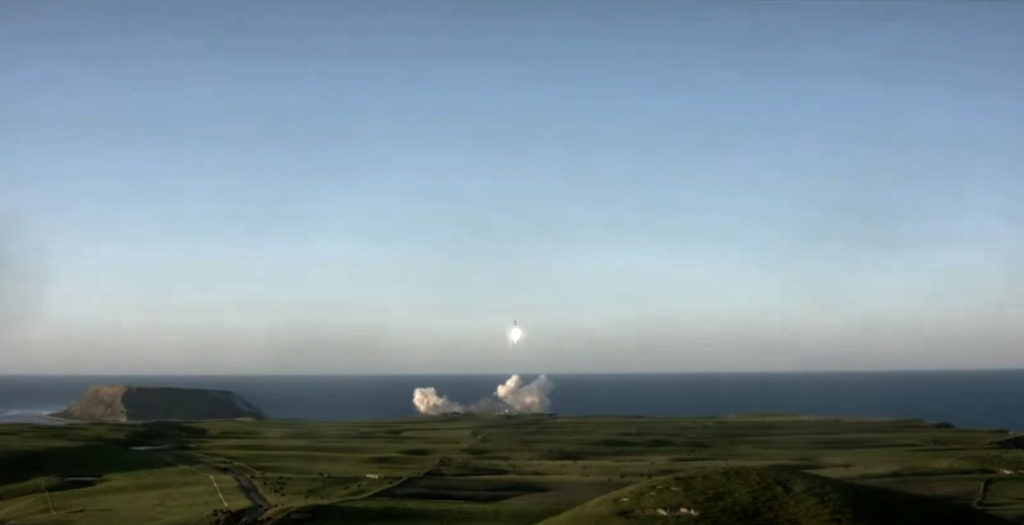
This science research satellite was built by space systems provider OHB Sweden. The Mesospheric Airglow/Aerosol Tomography and Spectroscopy (MATS) satellite is the basis for the SNSA’s science mission to investigate atmospheric waves and better understand how the upper layer of Earth’s atmosphere interacts with wind and weather patterns closer to the ground.
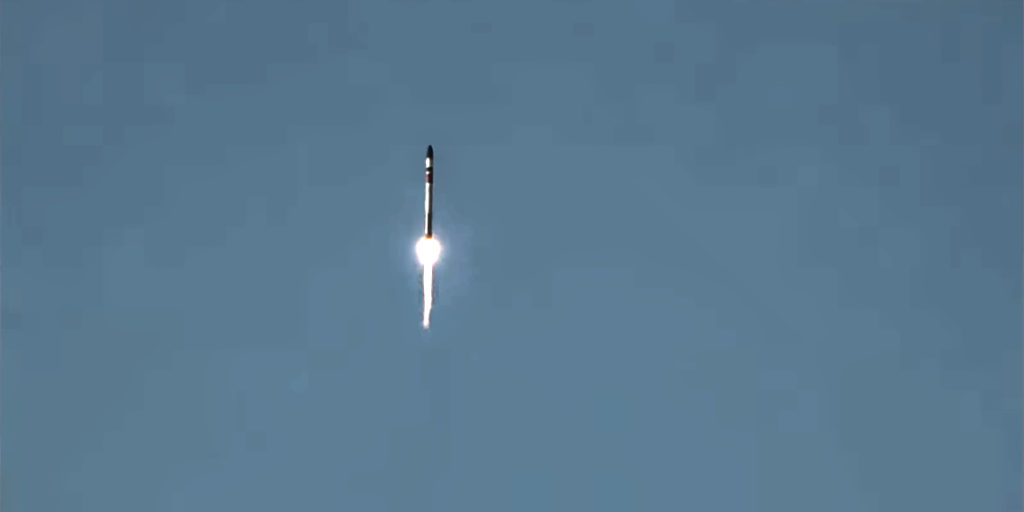
MATS was originally due to fly on a Russian launch service before the mission was manifested on Rocket Lab’s Electron. The MATS payload continued to its orbit onboard the rocket’s second stage while Electron’s first stage descended back to Earth.
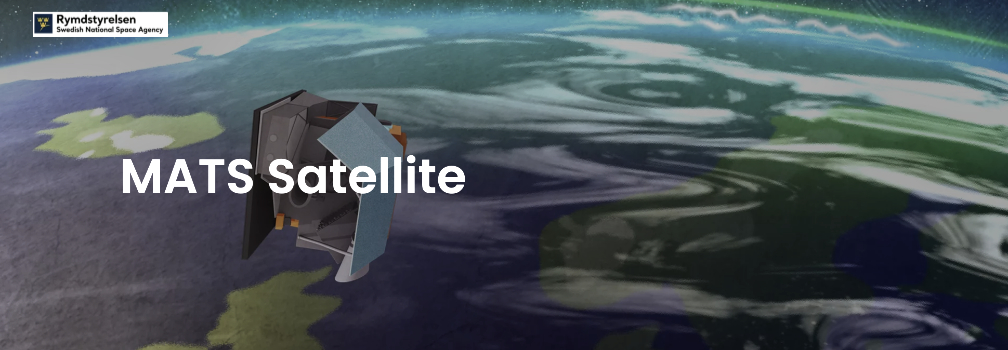
The “Catch Me If You Can” mission also resulted in a successful ocean splashdown of the Electron rocket’s first stage. Rocket Lab had planned to attempt amid-air capture of Electron’s first stage with a helicopter if conditions allowed, however not all requirements were met to ensure a successful capture. Due to a brief telemetry loss with Electron’s first stage during its atmospheric re-entry, the helicopter was moved out of the capture zone per standard safety procedure. The Electron first stage completed a safe splashdown and Rocket Lab’s recovery vessel is now alongside the stage to bring it onboard and back to Rocket Lab’s production facility for inspection and analysis.
“Congratulations to the teams at OHB Sweden and the Swedish National Space Agency on their mission,” said Rocket Lab founder and CEO, Peter Beck. “It’s been a long journey for MATS, so I’m proud of the Rocket Lab team for doing their part to support this mission with a fast contract-to-orbit turnaround of just four months.”
Catch Me If You Can was Rocket Lab’s ninth mission of the year, adding to an already-record year of successful orbital launches for the Company. Rocket Lab remains on track to launch its first Electron mission from Virginia before the end of the year, on a mission for HawkEye360 that is scheduled to launch in December.
“Bringing a rocket back from space is a challenging task and capturing it mid-air with a helicopter is as complex as it sounds,” said Peter Beck. “The chances for success are much smaller than that of failure because many complex factors must perfectly align. We are proud to have successfully recovered our fifth rocket from the ocean now and we look forward to another mid-air capture attempt in future as we work toward making Electron a reusable rocket.”
